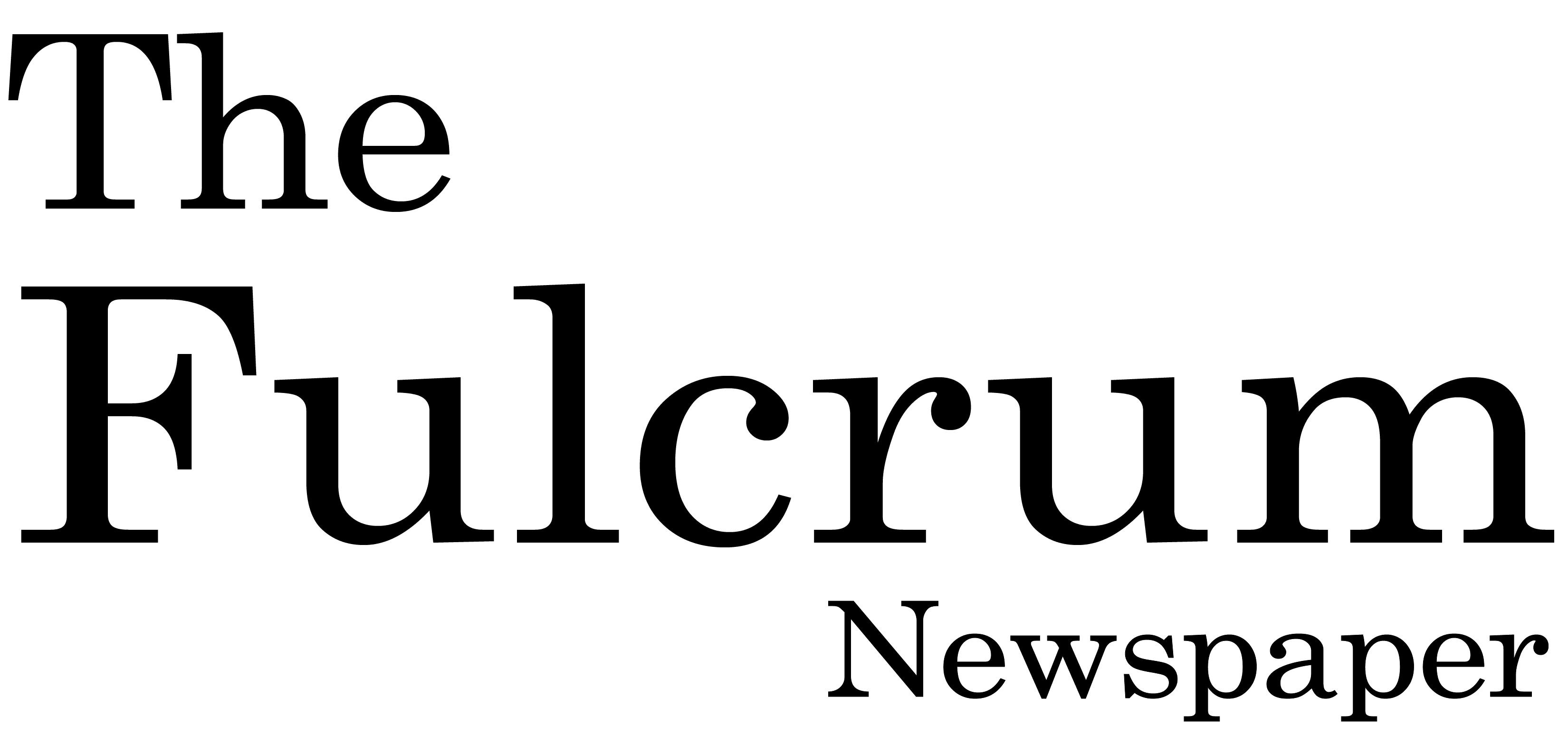
All this week, SUNY is recognizing National Distance Learning Week with webinars hosted by our peers from around the system and our own Erin Frye and Lee Heron from BPS, who are presenting their experiences and early takeaways as part of our inaugural Hyflex faculty cohort! Their webinar is taking place on Friday, November 12 at 10:00 am!
Register for detailed descriptions on each webinar.
I am leading this week’s missive with an article on online course design and leveraging the LMS that was shared with me from our colleagues at Niagara County Community College in one of this week’s NDLW events. I am also forwarding along an opportunity for racial deliberation training hosted by our own Liberal Arts faculty, as well as information on an online webinar aimed to increase awareness and representation of Indigenous students in our DEI efforts as part of the PD Weekly Digest’s ongoing focus on Native American Heritage Month.
I have really cherished the feedback I have received lately regarding the digests; it is very nice to know that folks are reading it and finding the information contained within them useful (and also laughing at my jokes; I appreciate you). As always, have an idea? Interested in learning more about something specific? Let me know at malmbergsm@sunybroome.edu or at the PD email: professionaldevelopment@sunybroome.edu!
What Students Want: A Simple, Navigable LMS Course Design
The article, What Students Want: A Simple, Navigable LMS Course Design, was shared in one of SUNY’s NDLW webinars by colleagues at Niagara County Community College. They have taken resources available from scholars across SUNY and beyond to create an in-house Online Teaching Certificate Program for their faculty, and this article is the first that is read in the program; not only does it set a tone for what their faculty will be learning over the 6 week course, but it also serves to make the case for simplicity and navigability, described in the article as “digital course spaces that prioritize essential information and relegate or even discard non-essential content” and “digital course spaces that utilize a consistent structure that clearly elucidates class activities and student responsibilities”.
Seeking Facilitators for Deliberation on Racial Justice
The SUNY Broome Civic Engagement Board is seeking student and faculty/staff facilitators for deliberations on Racial Justice using materials developed by Scott Corley with facilitator training provided by Carla Michalak.
- Deliberations are an attempt to elicit conversations that start with each person’s experience of the issue. The focus is not on reaching agreement but rather looking at the trade-offs of a variety of possible solutions with an open mind.
- Facilitators do not need to be experts on the issue they are facilitating, rather their role is to work with their co-facilitators to help participants adhere to the spirit of deliberative discussions and ensure that all voices are heard.
- No training or experience with deliberations is needed. We will be happy to train you.
Our facilitator training will take place on campus from 4:00 pm – 6:00 pm on Tuesday, November 16. Please contact Jesse Boring at boringjl@sunybroome.edu for more information, to suggest potential facilitators, or to register for the training.
The Inclusion Allies Coalition Presents
Indigenous Invisibility:
What Can DEI Practitioners Do?
As a DEI practitioner, how knowledgeable are you about the culture and needs of indigenous people in the workforce? Are they included in your DEI strategy or just an asterisk on your demographic charts? Despite a painful history marked by unjust policies of assimilation and termination, many Indigenous populations have persevered. There are over 476 million indigenous peoples in 90 countries across the world–6.2 % of the global population, representing a vast diversity of cultures, traditions, languages and knowledge systems. They have a special relationship with their lands and hold diverse concepts of development based on their own worldviews and priorities. Far too often, however, the promise of diversity, equity and inclusion has been denied to these communities, even by DEI practitioners.
The pandemic has exposed and exacerbated many existing inequalities, disproportionately affecting global indigenous populations already suffering from poverty, illness, discrimination, institutional instability or financial insecurity. There were reported cases of COVID in the Native American community that were over 3 times the rate of White Americans. in some U.S. states, Native American lives were lost at a rate 5 times their population share. Despite these facts, there is limited awareness among many DEI practitioners of the unique needs and challenges of this critical segment of our global community. Join our panelists on November 18th to help change this.
Panelists include:
Jennie Marie Duran, J.D. Assistant Vice Chancellor and SUNY’s Systemwide Affirmative Action Officer and Former Tribal lawyer for the Havasupai Nation in Arizona
Pamela Abaza, Director, IT Public Policy, Global Communications & Public Health,
Co-Chair Merck Native American and Global Indigenous Populations Employee Business Resource Group
Register in advance for the IAC Webinar – Indigenous Invisibility: What Can DEI Practitioners Do?
Submitted by: Deena Price
Tags: Professional Development

